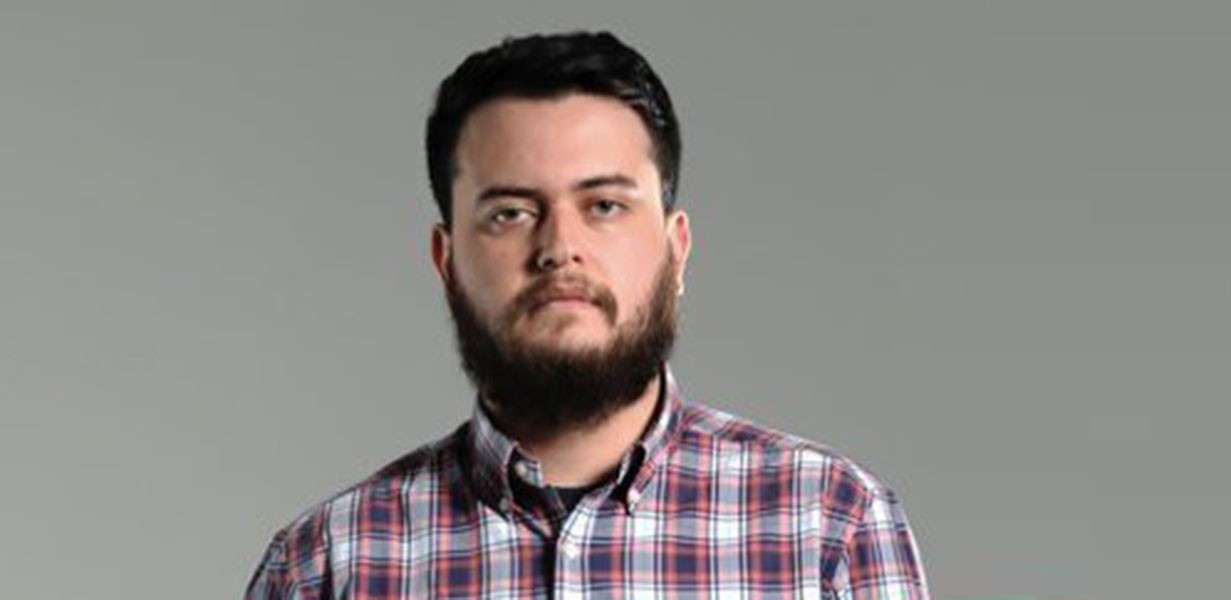Both of these stories originated while you were getting your master's degree in data journalism. What made you pursue this particular degree at the J-School?
In 2015, while working as a reporter, I had the chance to work on an investigative project that required a lot of digging and research and I realized there was still a lot more for me to learn about doing a deep dive into unfamiliar territory to uncover what companies or governments don’t want you to know. I wanted to get better at doing that. I saw the school had a data specialization and I knew I would learn new skills that would vastly improve my reporting.
Where did the idea for these stories come from?
Both projects originated in a class called Using Data to Investigate Across Borders.
In the case of the New Yorker story, we looked at a list of companies that were published on President Trump’s financial disclosures. Among those, we found a project in the country of Georgia that raised a lot of unanswered questions.
As we looked into the history of this business group and its corporate structure, we found the ties it had to a Kazakh businessman accused of committing one of the biggest bank frauds in history. Piercing the corporate veil and following the money is not as easy as it sounds, but as we did our reporting we were able to find the connection between the origin of the funds and the President of the United States.
After looking at many of President Trump's international real estate deals, we kept seeing the same patterns: dubious partnerships and constant failure.
We looked at all the research we had and created our own database to look at patterns. We had done reporting on almost every single international deal and came to find a pattern of carelessness in the choice of partners and no sense of responsibility to see any of the projects through. To ensure we had done complete due diligence, we had to get documents from sources all over the world, and we were able to do so through different partnerships with media organizations in other countries.
Work on this story continued into the Cross-Borders Data Fellowship you began after graduation. Can you tell us more?
Four of us were selected to work as a team on global investigations for six months after graduation. Our joint effort was crucial to getting the best stories possible, along with the support and leadership of our supervisor, Giannina Segnini. There are very few opportunities like this in the job market where you can work on a six-month investigation right after you get your degree.
In addition to the fellowship, what other J-School resources helped you?
One of the school's biggest resources is the massive amounts of information that is available through the different databases available to students. We were able to get copies of lawsuits, business records, information on potential sources and also access to international media and their archives which helped us get a context of the characters and situations that we were exploring. I’m talking about databases like Nexis, Orbis, Bloomberg Law (and the terminal itself) and Factiva, which are all amazing resources provided by the school that I wish I could have now.
